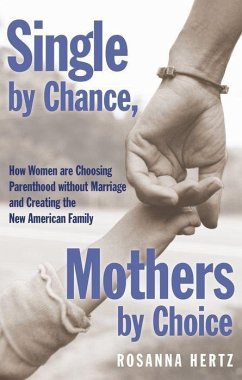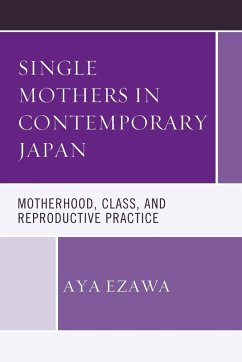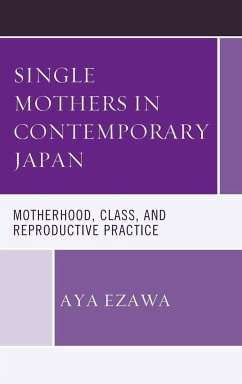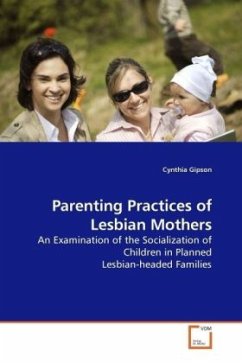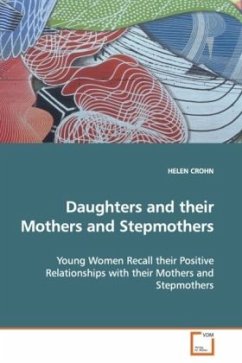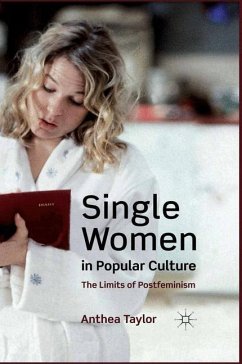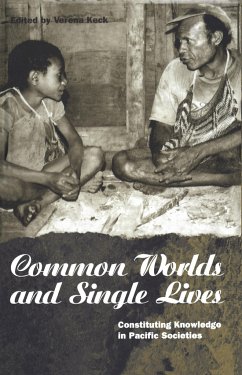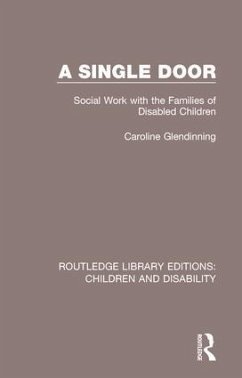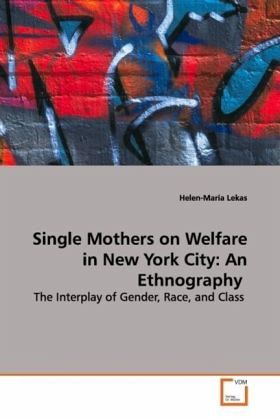
Single Mothers on Welfare in New York City: An Ethnography
The Interplay of Gender, Race, and Class
Versandkostenfrei!
Versandfertig in 6-10 Tagen
52,99 €
inkl. MwSt.

PAYBACK Punkte
26 °P sammeln!
Single motherhood, poverty, and welfare dependenceare key research topics for social scientists. Research on urban poverty focuses primarily onnonwhite mothers on welfare in inner cities, thusrendering white mothers on welfare invisible. Thisethnographic study makes white single mothers onwelfare visible, and compares their experiences tothose of their black and Puerto Rican counterparts. Specifically, it identifies how race/ethnicity,class, and gender intersect and pave the differentpathways women follow into single motherhood andpoverty. Second, it examines the role of gender,race/ethnicity,...
Single motherhood, poverty, and welfare dependence
are key research topics for social scientists.
Research on urban poverty focuses primarily on
nonwhite mothers on welfare in inner cities, thus
rendering white mothers on welfare invisible. This
ethnographic study makes white single mothers on
welfare visible, and compares their experiences to
those of their black and Puerto Rican counterparts.
Specifically, it identifies how race/ethnicity,
class, and gender intersect and pave the different
pathways women follow into single motherhood and
poverty. Second, it examines the role of gender,
race/ethnicity, and class in confining women in the
secondary labor market, thus reproducing their
poverty. Third, it reveals the workings of the
welfare system as a street-level bureaucracy by
exploring the daily encounters between workers and
clients. This study, conducted at a time when
groundbreaking welfare policy changes were taking
place, also addresses the impact of these changes on
single mother's lives. Therefore, in addition to
urban sociologists and researchers of poverty,
gender, and social inequality, this book will be of
interest to welfare policy makers and administrators.
are key research topics for social scientists.
Research on urban poverty focuses primarily on
nonwhite mothers on welfare in inner cities, thus
rendering white mothers on welfare invisible. This
ethnographic study makes white single mothers on
welfare visible, and compares their experiences to
those of their black and Puerto Rican counterparts.
Specifically, it identifies how race/ethnicity,
class, and gender intersect and pave the different
pathways women follow into single motherhood and
poverty. Second, it examines the role of gender,
race/ethnicity, and class in confining women in the
secondary labor market, thus reproducing their
poverty. Third, it reveals the workings of the
welfare system as a street-level bureaucracy by
exploring the daily encounters between workers and
clients. This study, conducted at a time when
groundbreaking welfare policy changes were taking
place, also addresses the impact of these changes on
single mother's lives. Therefore, in addition to
urban sociologists and researchers of poverty,
gender, and social inequality, this book will be of
interest to welfare policy makers and administrators.



